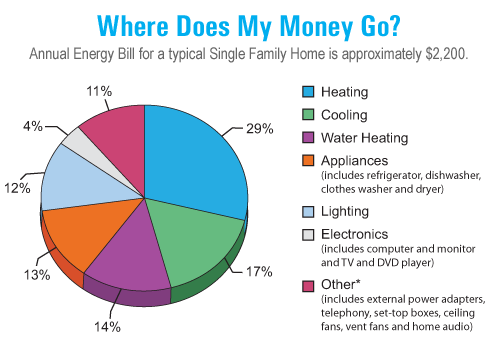BMW electric car customers in market trials in New York and Los Angeles felt gypped. In the Wall Street Journals article “Electric Cars Fall Shot in Mini Test” (sub. required) by Mike Ramsey, it is reported that people using the cars only got “100 miles per charge”, a result much lower than predicted by BMW, who had relied on a test designed by the EPA.
Non-real-world battery life tests from the Environmental Protection Agency have given the electric car a few flat tires.
The EPA’s standardized test for generating fuel-economy ratings which according to Dave Buchko, a BMW spokesman, “didn’t reflect real-world conditions”. The tests claimed that the car would have a range of some 156 miles, while users got only 100 miles/charge experience.
Consumers are particularly fearful of poor operational reliability. Not getting to the place you’d like is a huge risk for the electric car’s reputation and the consumer’s acceptance of the all-electric car.
Nissan, who is developing electric cars for North America are standing by the 100-mile range but make it clear that the mileage by the cars may vary depending on the use of the heat or AC. This is a silly limitation and shows how immature the market for electric cars really is. So in a perfect world where AC and heat aren’t needed you could go 100-miles, on a straight road without bad weather. Unfortunately for Nissan and for us we do not live in such a world. Even thinking about the possibility of driving back to school in Knoxville, Tennessee in early August, (it would take eight charges to get there, and another eight to get back) and have to choose either the AC or 30 more miles is something I would not want to contemplate. This is essentially a worse problem then the lower performance that BMW was having.
Enter the phoenix, General Motors, who plan to introduce the Chevrolet Volt later in 2010. According to the article, “it is supposed to get 40 miles before its power runs down, but it has a gasoline-powered generator on board to recharge the batteries on the go.” This seems to be the best of both worlds, a car that is electric when it needs to be, but gas-powered to recharge the battery and provide power to the electric motors. Electric enough to be possibly cost efficient on gas but not so reliant that it hinders daily mileage performance.
But what many possible drivers have a real problem with is not necessarily the range or the possible AC/heat battery drain, but the fact that they may be stranded without a quick charge in sight. Not to mention these people would need a special hook up for re-charge and not just a gallon of gas. Electric refill stations are not particularly spread out throughout the highway system. The lack of an effective resupply channel is what has stopped natural gas-powered cars in the past.
Essentially the issue I believe that the electric car market is having a problem finding a market that can make the electric car viable. A market where people drive only short distances each day. Commuters if they can charge their cars at work and old folks who need cars to get groceries or go to church. Hopefully, there will be benefits that a sizable share of the market will appreciate. Please, no subsidies.










